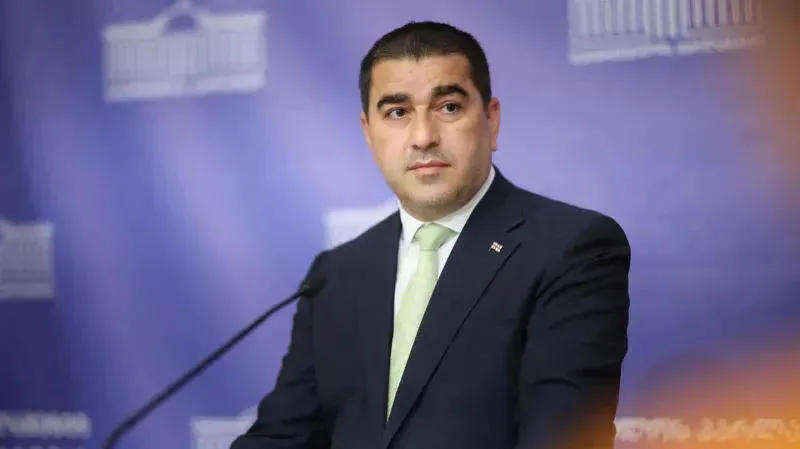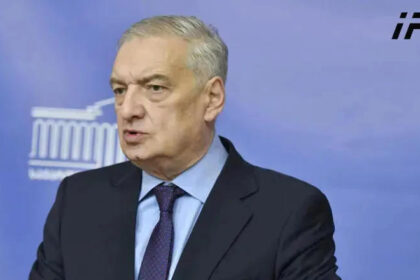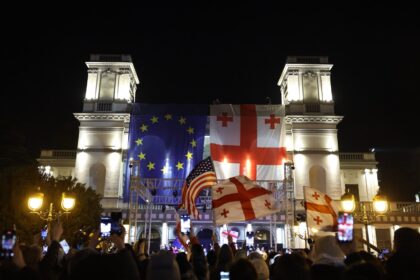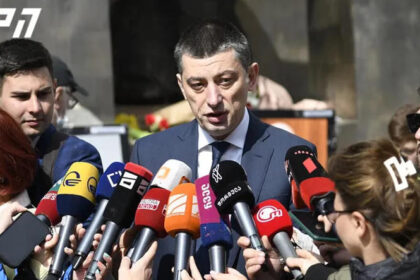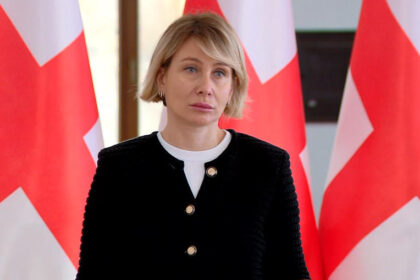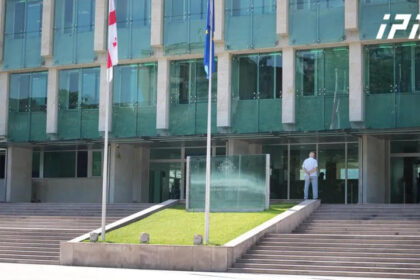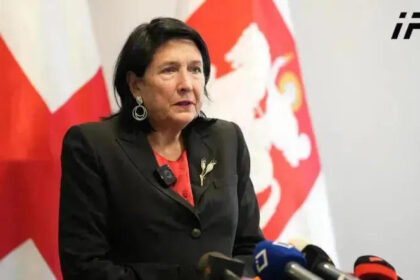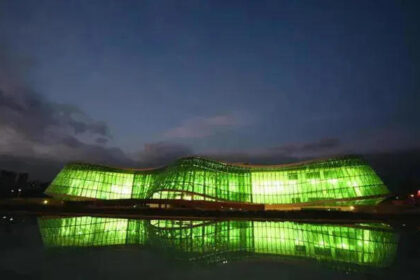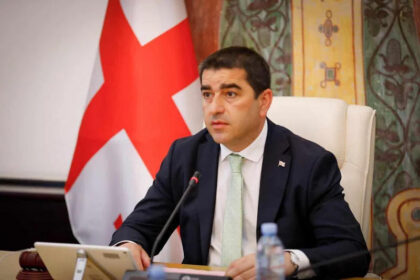**Swedish Prime Minister’s Call for LGBT Rights Raises Questions in Georgia**
The Speaker of the Georgian Parliament, Shalva Papuashvili, has expressed concern over a statement made by Swedish Prime Minister Ulf Kristersson regarding same-sex partnerships and the European Union integration process. According to Papuashvili, Kristersson’s call for Ukraine to regulate same-sex partnerships is part of a worrying trend in the EU integration process.
**A Different Agenda for Each Country?**
Papuashvili argues that this trend shows how each country has its own agenda and criteria for progress within the European Union. “LGBT marriage is somehow special for the Swedish Prime Minister, for someone it will be something else,” he said in an interview with journalists. He questioned whether candidate countries should follow the taste of all 27 EU member states or introduce their own procedure for integration.
**Procedural Arbitrariness and Hidden Agendas**
Papuashvili also criticized what he called “procedural arbitrariness” in the EU integration process. He suggested that some countries invent additional criteria that are part of their political agenda, rather than following common rules and procedures. This, he argued, can lead to confusion and mistrust among candidate countries.
**A Demand or a Recommendation?**
Papuashvili called on the Swedish ambassador to clarify whether Kristersson’s statement was a demand or a recommendation for Ukraine. He expressed concern that the Swedish government may be hiding its true intentions behind vague statements and proposals.
**A Response from the Swedish Prime Minister**
In response to Papuashvili’s concerns, we take a look at Kristersson’s original post on social media. The Swedish Prime Minister wrote that same-sex couples cannot marry or enter into a registered partnership in Ukraine, and that full legal protection of the rights of all minorities is an important part of Ukraine’s approach to the EU.
**The Georgian Perspective**
For Papuashvili, this statement raises questions about the EU integration process. He argued that it shows how European bureaucrats are introducing issues that society says are unacceptable, without being transparent or clear in their intentions.
Read More @ www.interpressnews.ge




